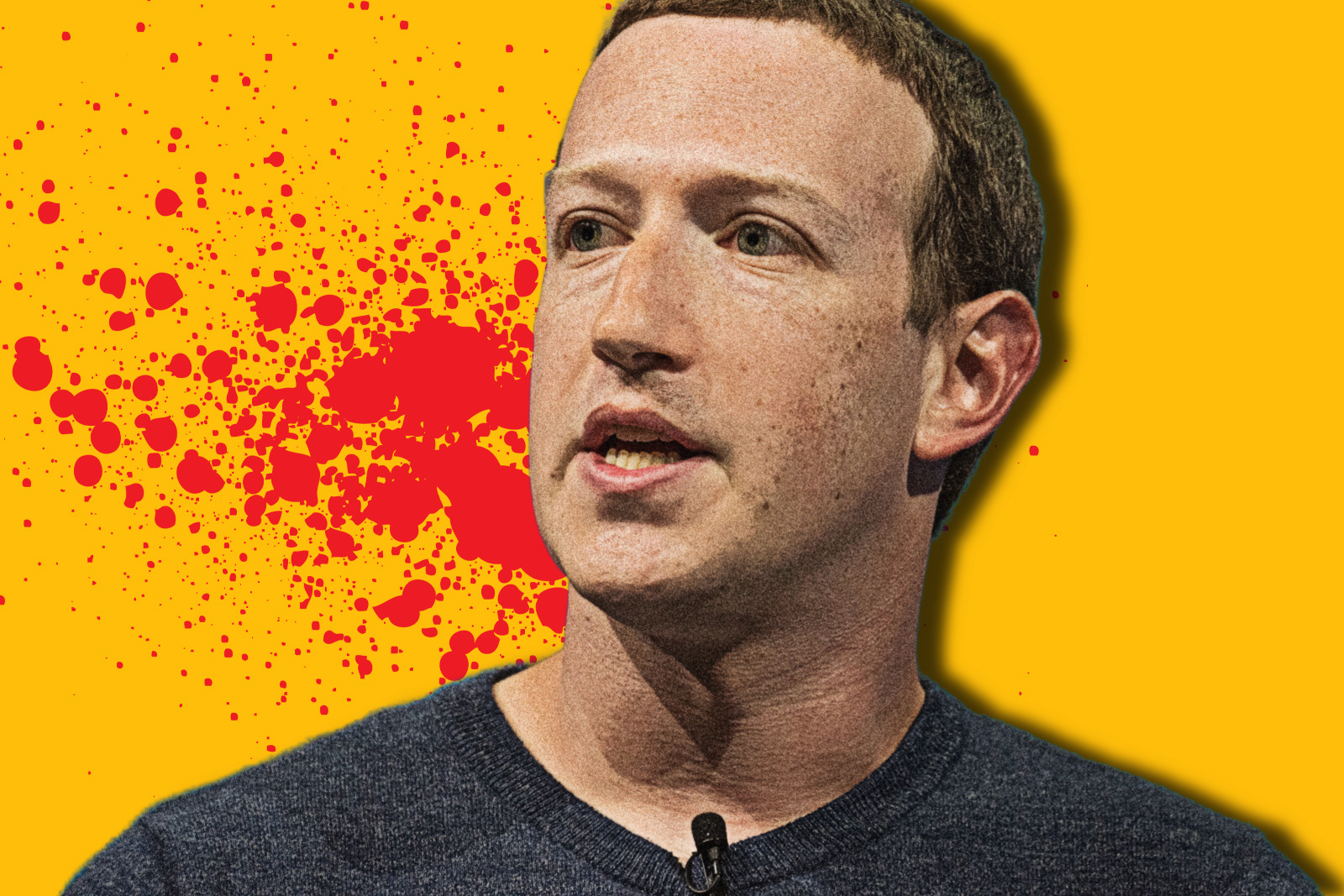
Tech
Suing Meta in Kenya
Africa has been a continent exploited since the European scramble carved it out in lines of a draughtsman’s crude design. Its resources have been pilfered; its peoples enslaved for reasons of trade and profit; its political conditions manipulated to favour predatory companies.
A similar pattern is detectable in the digital world. The slavers have replaced their human product with data and information. The ubiquitous sharing of information on social media platforms has brought with it a fair share of dangerous ills. A $2 billion lawsuit against Facebook’s parent company Meta, which was filed in Kenya’s High Court this month, is a case in point.
The petitioners, Kenyan rights group Katiba Institute, and Ethiopian researchers Fisseha Tekle and Abrham Meareg, argue that Meta failed to employ sufficient safety measures on the Facebook platform which would have prevented the incitement of lethal conflict. Most notable were the deaths of Ethiopians arising from the Tigray War, a conflict that has claimed tens of thousands of lives, and seen the displacement of 2.1 million Ethiopians.
Abrham Meareg’s case is particularly harrowing. His father, chemistry Professor Meareg Amare Abrha, and an ethnic Tigrayan, was singled out and harassed in a number of violent and racially inflammatory Facebook posts. Two posts screeching with slander (complicity in massacres; aiding military raids, corruption, and theft) and death threats found their way onto a page named “BDU STAFF,” which sported over 50,000 followers at the time.
The posts also included the professor’s picture and home locality. Complaints to the platform by his son received no response. The posts remained up for four weeks. Meareg Amare was subsequently assassinated after leaving his work at Bahir Dar University. According to his son, the killing “was orchestrated by both state and non-state actors.”
Rosa Curling, Director of the non-profit campaign outfit Foxglove, an organisation supporting the petitioners, is convinced that the professor would still be alive had the posts been removed. She also makes a salient point. “Sadly, ‘engaging’ posts are often violent or shocking, because people react to them, share them, comment on them. All those reactions mean the Facebook algorithm promotes the post more, and can make hate posts and violence go viral, and spread even further.”
Meta, in response, has trotted out the standard, disingenuous deflection, giving us an insight into a parallel universe of compliance. “We have strict rules about what is and isn’t allowed on Facebook and Instagram,” declared Meta spokesperson Mike DelMoro. “Feedback from local civil society organizations and international institutions guides our security and integrity work in Ethiopia.”
Meta’s content moderation hub for Eastern and Southern Africa is located in Nairobi. But questions have been raised about how adequate its staffing and resourcing arrangements are. DelMoro claims there is nothing of interest on that score. “We employ staff with local knowledge and expertise, and continue to develop our skills to detect harmful content in the country’s most commonly spoken languages, including Amharic, Oromo, Somali, and Tigrinya.”
The treatment of staff at Meta’s main subcontractor for content moderation in Africa, Sama, is also the subject of another lawsuit. That action alleges the use of forced labour and human trafficking, unequal labour relations, attacks on unions, and a failure to provide sufficient mental health and psychosocial support to hired moderators.
Abrham Meareg and his fellow petitioners are demanding, along with Facebook’s halting of viral hate and demoting of content inciting violence, the employment of greater numbers of content moderators versed in a range of languages. The legal filing also demands that Meta issue an apology for the professor’s death and establish a restitution fund for victims of hate speech or misinformation posted on the company’s platforms, including Facebook and Instagram.
Such actions are becoming regular fare. All tend to follow a similar blueprint. In December last year, a class action complaint was lodged with the northern district court in San Francisco claiming that Facebook was “willing to trade the lives of the Rohingya people for better market penetration in a small country in south-east Asia.” The language proved instructive: a company, operating much in the traditional mercantilist mould, a plunderer of resources, its gold the product of surveillance capitalism.
Lawyers representing the petitioners also submitted a letter to Facebook’s UK office stating that their clients had been subjected to acts of “serious violence, murder, and/or other grave human rights abuses” as part of a genocidal campaign waged by the military regime and aligned extremists in Myanmar.
As with the case lodged in Kenyan High Court, the grounds against Facebook were that its algorithms amplified hate speech against the Rohingya populace; it failed to adequately invest in local moderators and diligent fact-checkers; it failed to remove posts inciting violence against the Rohingya; and it did not shut down or delete specific accounts, groups, and pages that encouraged ethnic violence.
Despite such actions, there is nothing in the way Meta operates to suggest a change in approach. As long as the Internet exists, platforms such as Facebook will continue to use devilish algorithms to boost bad behaviour. In the scheme of things, such behaviour, however hateful or misinformed, sells. The dragon of surveillance capitalism continues to thrive with fire-breathing menace.

